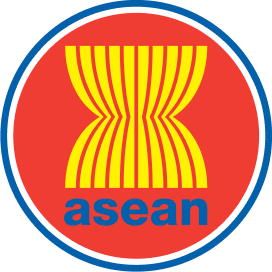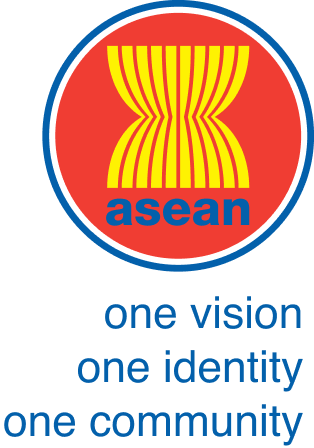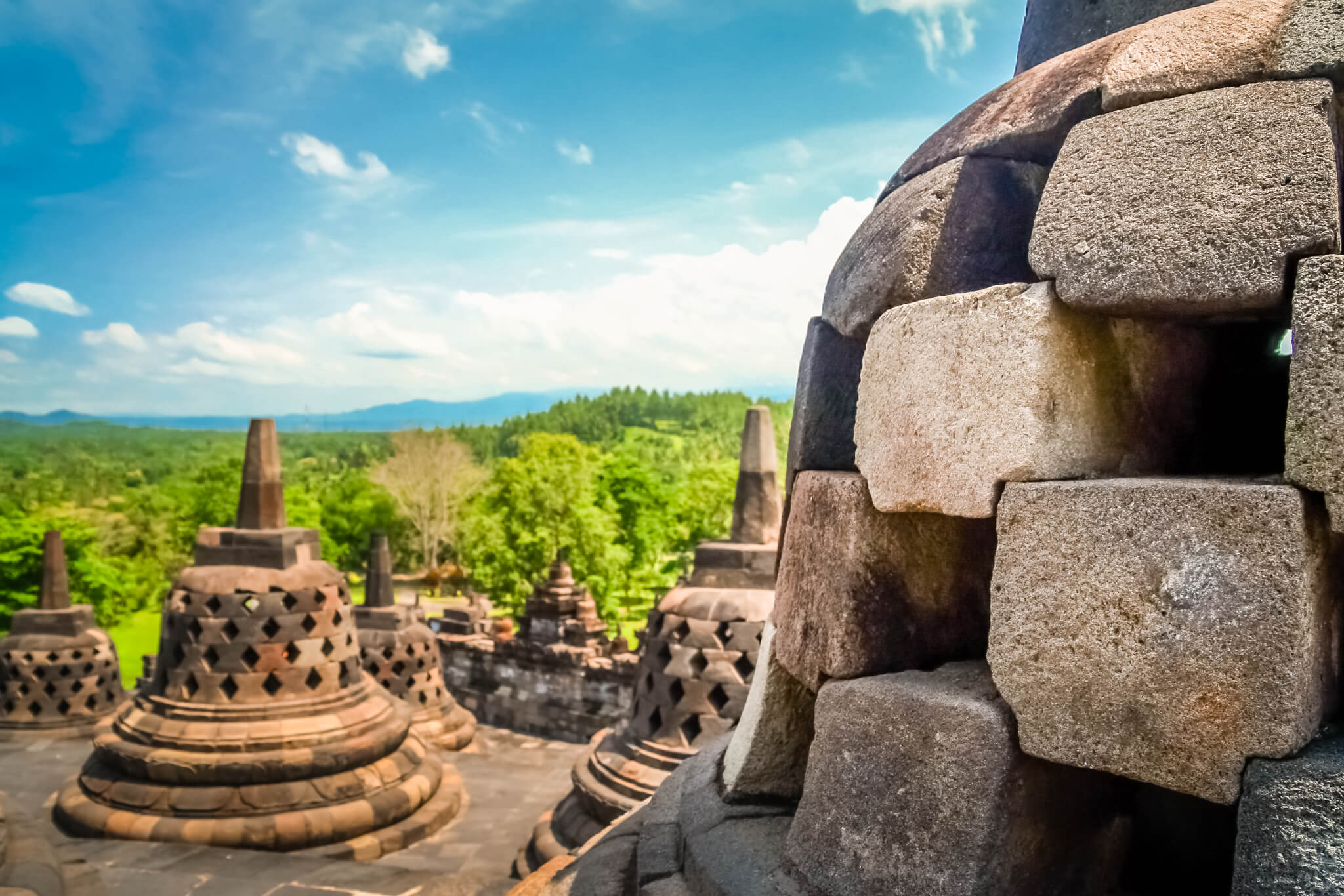


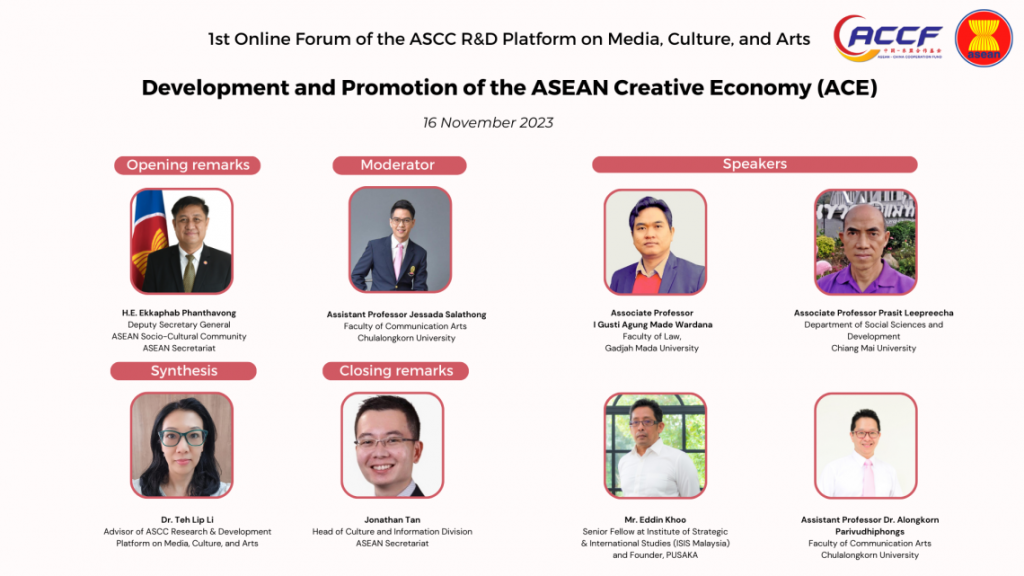 JAKARTA, 16 November 2023 – The First Online Forum of the ASEAN Socio-Cultural Community (ASCC) Research and Development Platform on Media, Culture and Arts discussed critical issues within the ASEAN Creative Economy (ACE).
JAKARTA, 16 November 2023 – The First Online Forum of the ASEAN Socio-Cultural Community (ASCC) Research and Development Platform on Media, Culture and Arts discussed critical issues within the ASEAN Creative Economy (ACE).
Under the theme, ‘The Development and Promotion of the ASEAN Creative Economy (ACE): Trends, Opportunities, and Challenges,’ participants engaged in insightful discussions on how regional dialogue and cooperation are vital in fostering inclusive and sustainable development to nurture ACE.
In his opening remarks, Deputy Secretary-General of ASEAN for ASEAN Socio-Cultural Community Ekkaphab Phanthavong underscored regional efforts to promote and strengthen ACE. He highlighted initiatives such as the ASEAN Comprehensive Recovery Framework, as well as acknowledging ACE as both sector needing policy support and key driver for the region’s recovery. He also drew attention to the Siem Reap Declaration on Promoting a Creative and Adaptive ASEAN Community to Support the Cultural and Creative Economy that aims to enhance the role of culture and the arts in the ACE.
He further called for greater support for digital transformation and policy dialogue to support and protect ACE stakeholders and harness ACE’s potential in promoting a culture of peace and intercultural understanding.
The forum featured insights from prominent experts such as Associate Professor I Gusti Agung Made Wardana of Gadjah Mada University, who discussed the importance of heritage making and the complexities involved including global-local tensions, culture-nature dichotomies as well as ownership issues, and stakeholder engagement.
In his session, Associate Professor Prasit Leepreecha of Chiang Mai University highlighted issues regarding commercialisation of indigenous knowledge and advantages of digital technologies to support the self-determination of indigenous groups. Meanwhile, Eddin Khoo of the Institute of Strategic and International Studies (ISIS) stressed the need to explore and research alternative models and definitions that are based on realities that are suited to ASEAN Member States.
Further, Professor Alongkorn Parivudhiphongs of Chulalongkorn University emphasised the role of media and information sector in creating and enhancing trends, and its responsibilities to ensure equal access to information and promoting ethical standards to foster a sustainable ACE.
The forum served as a platform for participants, including representatives of ASEAN bodies, to share their activities supporting ACE and stressed the importance of regional cooperation, multi-stakeholder engagement, and inclusion, particularly identifying vulnerable groups. In her summary, Dr Teh Lip Li called for continued research, collaboration, and cooperation to address ACE challenges and opportunities.
In his closing remarks, Jonathan Tan, Head of Culture and Information Division at the ASEAN Secretariat, emphasised the intersection of culture and creative economy through heritage and tourism that requires a cross-cutting approach. He further encouraged placing culture at the centre of creative economy, while inquired on how we can leverage on digitalisation to foster ACE, as well as how we can establish effective regional cooperation to benefit all ASEAN Member States.
The forum is an activity under the ASCC Research and Development Platform initiative of the ASEAN Secretariat, supported by the ASEAN-China Cooperation Fund.
